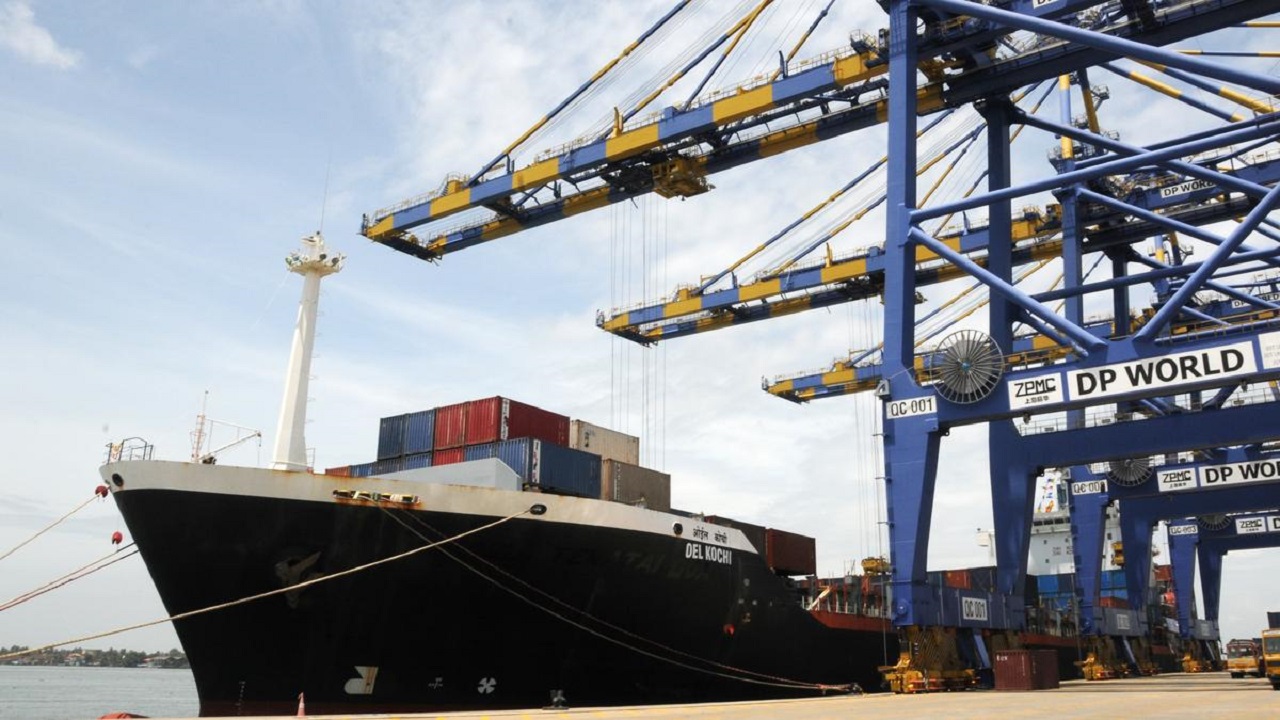Maritime Reform Bills Passed: Strengthening India’s Sea Laws for a Global Future
Context
India's maritime sector plays a crucial role in national trade and economic development, handling around 95% of India’s trade by volume and 70% by value. However, its legal infrastructure was based on colonial-era laws that no longer reflected current realities or international standards. In this backdrop, Parliament has passed two significant legislations to modernise maritime laws and align India with global shipping practices.
Introduction
In a landmark move to reform India's maritime governance, Parliament passed the Merchant Shipping Bill, 2024, and the Carriage of Goods by Sea Bill, 2025. These Bills aim to:
-
Replace outdated laws such as the Merchant Shipping Act, 1958, and the Carriage of Goods by Sea Act, 1925
-
Introduce a comprehensive and internationally aligned legal framework
-
Strengthen India’s position in global maritime trade
-
Facilitate sustainable growth, investment, and employment in the shipping sector
Merchant Shipping Bill, 2024
This Bill replaces the Merchant Shipping Act, 1958, introducing a modern and consolidated legal structure with 16 Parts and 325 clauses.
Key Features
-
Seafarer Welfare: Emphasises working conditions, rights, and welfare of Indian and foreign seafarers under Indian jurisdiction
-
Ship Safety and Emergency Preparedness: Enhances regulatory standards for ship safety, emergency response, and marine pollution control
-
Environmental Protection: Integrates global protocols to protect marine ecosystems and promote sustainable maritime practices
-
Tonnage Promotion: Encourages registration of ships under the Indian flag to increase domestic tonnage capacity
-
Compliance Simplification: Merges fragmented provisions into a single legal document to reduce bureaucratic hurdles
The Bill positions India as a globally credible maritime jurisdiction, enabling growth, investment, and regulatory clarity.
Carriage of Goods by Sea Bill, 2025
This Bill repeals the Carriage of Goods by Sea Act, 1925, introducing a modern legal regime for the transport of cargo by sea.
Key Features
-
Global Alignment: Complies with the Hague-Visby Rules, aligning India’s cargo liability norms with international standards
-
Trade Facilitation: Simplifies legal procedures, making India more attractive to global shipping and logistics companies
-
Commercial Efficiency: Improves contract transparency and dispute resolution, reducing litigation and business uncertainty
The Bill is particularly beneficial to exporters, importers, shipping companies, and marine insurers, promoting confidence in India’s maritime legal system.
Strategic Significance
The two legislations together represent a major step towards building a modern and robust maritime legal framework.
-
Boost ease of doing business in the maritime sector
-
Attract investments in ports, shipbuilding, and maritime technology
-
Enhance India’s maritime security architecture
-
Facilitate green maritime development and coastal economic growth
-
Generate employment, especially in coastal regions
-
Strengthen India’s global competitiveness against maritime powers like Singapore, China, and UAE
Conclusion
The enactment of the Merchant Shipping Bill, 2024 and the Carriage of Goods by Sea Bill, 2025 marks a significant overhaul of India's maritime governance. These reforms reflect India’s commitment to global standards, sustainable practices, and a future-ready blue economy, creating the legal and institutional framework required to emerge as a leading maritime nation.




Comments (0)